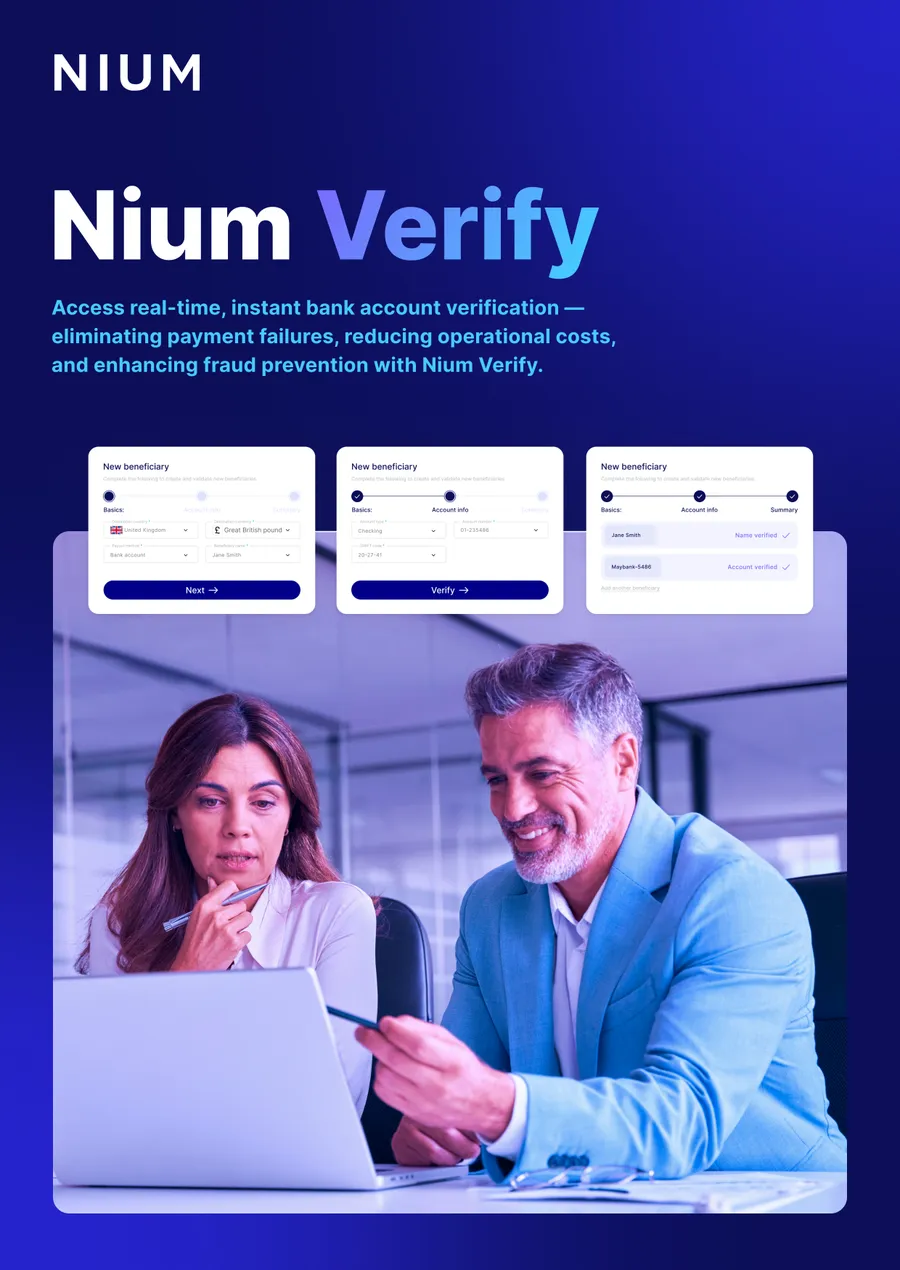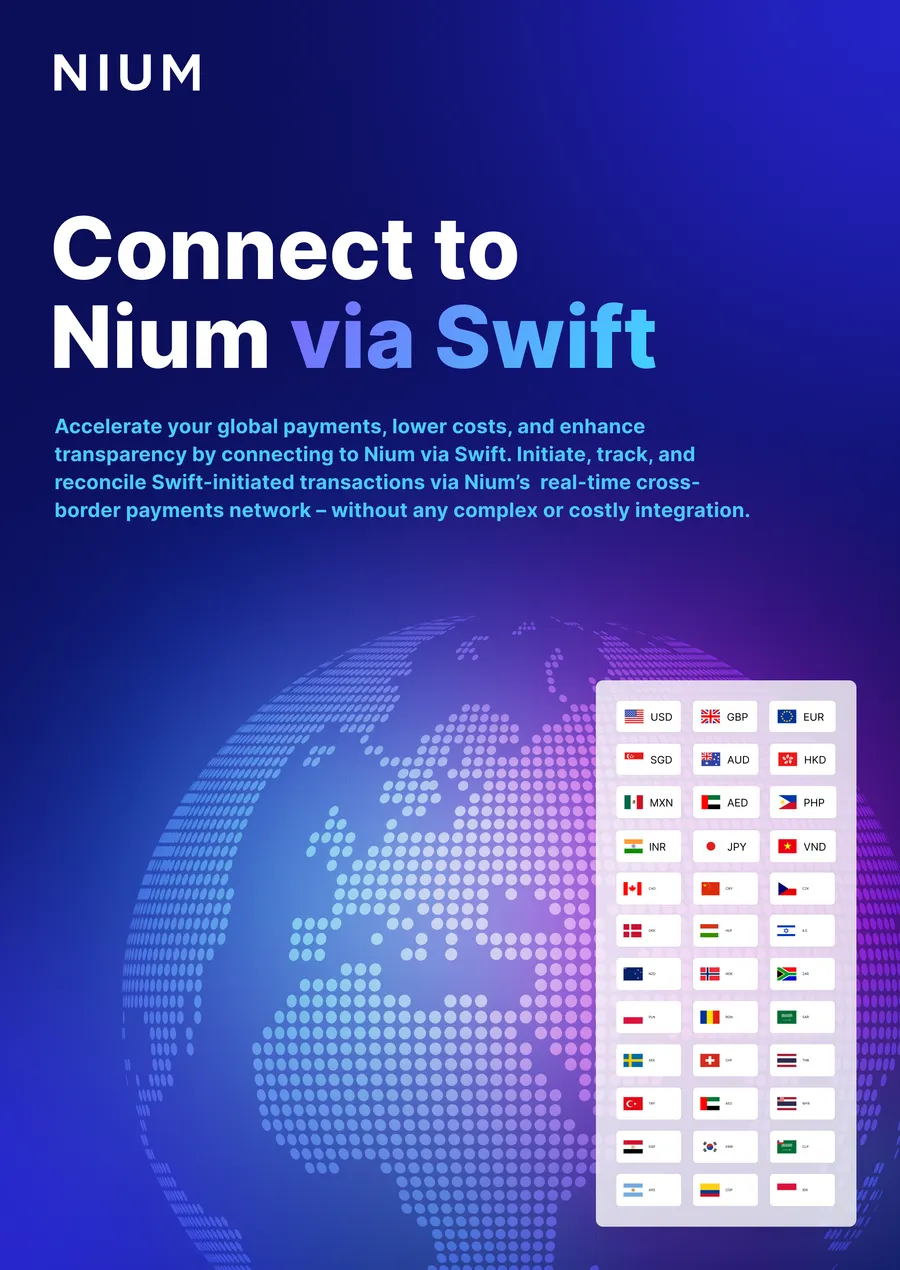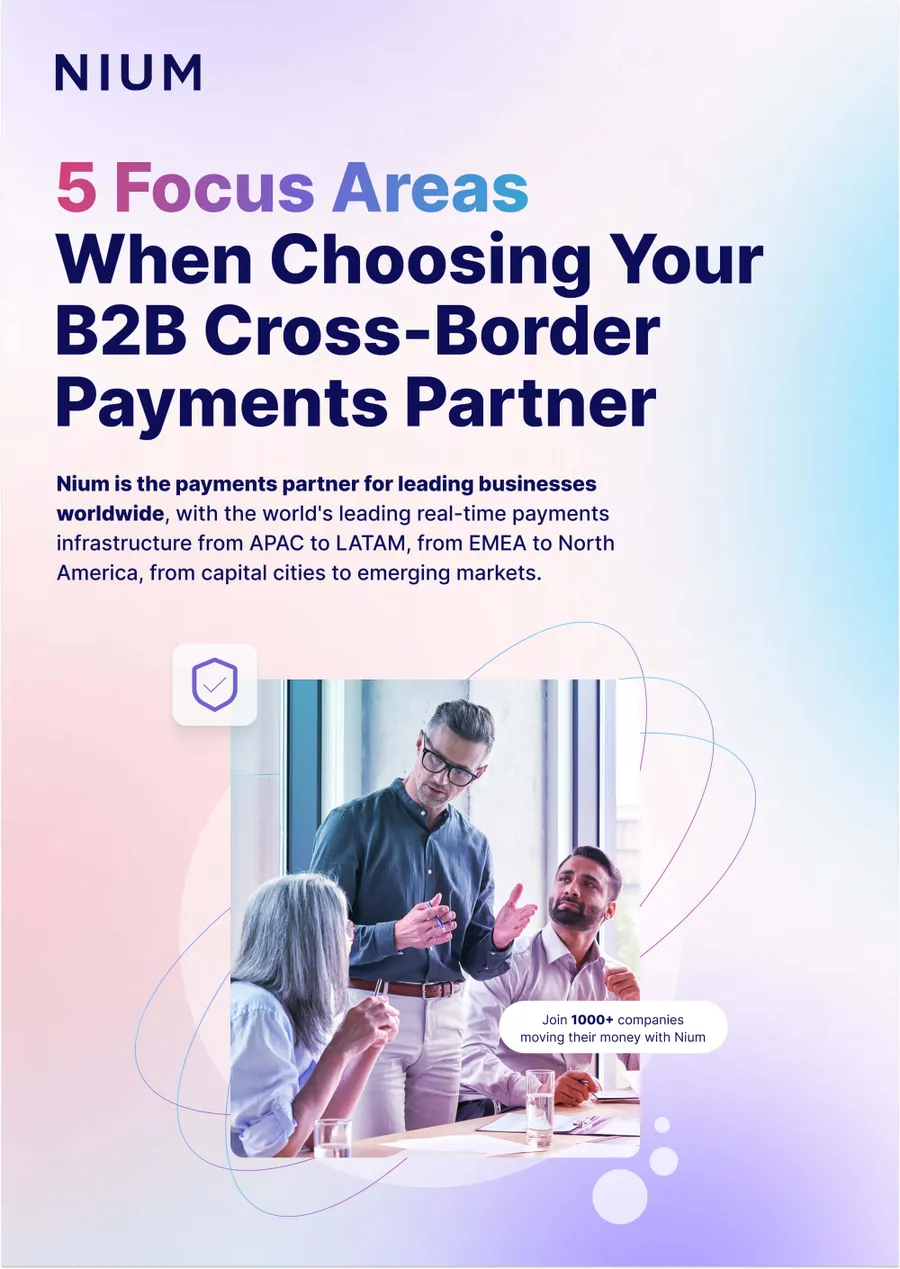If the world of payments has taught us one thing, it’s that keeping up with the changes holds the power to keep both customers and business partners satisfied. As more companies are exploring the potential of integrating financial services into their internal (suppliers) and external (customer) payment journeys, the world of “embedded finance” is taking shape as a high-priority solution to achieve competitive standing in a highly-globalized economy.
Taking a deep dive into the world of embedded payments, our new whitepaper developed in partnership with the Aite-Novarica Group, explores the opportunities and challenges attached so businesses can start investing in the right solutions without delay. This urgency is further supported by market trends forecasting embedded payments to generate over 60% of the total value of embedded finance (US$141 billion) by 2025. Both B2B and B2C segments are experiencing a shift towards accelerating payments, improving transparency, and exploring new ways to increase financial growth- all objectives that are pushing embedded payments on the forefront of tools helping businesses meet targets.
Embedded Payments in A Digital First World- Here’s What We Found:
Staying up to date on your payment strategy matters; this is why our collaborative research in collaboration with the Aite-Novarica Group is not only a combination of prevailing market trends but also intelligence collected from key Nium leadership. As businesses face escalating pressure to thrive in difficult economic times, our whitepaper is exploring the value-focused opportunities in the payments space with focus on:
1) Digital transformation:
Integrating financial services into customer journeys has become less daunting as an initiative due to the ease of APIs supporting open finance. Removing the need for expensive, time-intensive bespoke implementation projects, a few lines of code can now deliver a measurable impact to accelerate financial growth of enterprises.
2) Payments-as-a-Service (PaaS):
Sometimes scaling your business requires thinking outside the box. Consequently, businesses are looking at banks and financial institutions to provide Payments-as-a-Service, or simply put- the provision of payment services to nonbanks using an existing licensed financial institution’s secure and regulated infrastructure.
3) Enhancing business relationships:
Solving pain points for business partners associated with slow, hard to track, and stressful payments are a clear indicator of your commitment to not only meeting your goals, but helping your partners crush theirs as well. Embedded payments provide the foundation for faster account-to-account settlement, removes complexities from transactions, alongside nurturing trust. This way both parties can focus on more mission-critical tasks, and fewer cumbersome payment follow ups to initiate and resolve.
4) Happier customers:
The biggest results in the business world come from delighted customers, and delighted customers are usually the result of streamlined customer journeys. Evaluating how to impact your buyers positively, making the purchasing process easier, and taking away the guesswork from transactions is a reliable way to stand out from competitors, and foster loyalty amongst your target market. Therefore, customer relationships and embedded finance share a close connection; a frictionless buying experience matters more than ever before in today’s globalization.
Inside the Whitepaper- Optimizing Payment Experiences in 2022
We’ve already concluded that embedding financial services into internal and external payment journeys elevates your positioning amongst customers and business partners. However, our whitepaper extends this research and explores how financial institutions are delivering products through fintech and enterprise channels (Banking-as-a-Service).
With embedded finance applications such as Uber and Lyft doubling down on spectacular checkout experiences, and ecommerce giants such as Amazon extending convenience to customer installment plans, the world of payments is going through profound changes at a swift pace. In order to beat the race for revenue, it is important to first understand the key players, motives, and incentives to win.
This is one of the core reasons why our new whitepaper, as collaborative research with the Aite-Novarica Group, is doing the homework to help you leave a legacy by building experiences that your customers and partners simply can’t ignore.
Download the Whitepaper:
Are you curious to learn more about the opportunities and challenges that embedded payments hold for your business? Discover trends, insights and predictions in our report here.
More about Nium:
Nium is a leading B2B financial services technology platform that seamlessly connects businesses to the world’s payment infrastructure with a single API.
Nium’s modular platform removes the complexity from global payments and allows banks, payment providers, travel companies, and other businesses to embed financial services, including technologies for pay-outs, pay-ins, card issuance, and banking-as-a-service, in weeks, not months.
Once connected to the Nium platform, businesses have the ability to collect and disburse funds in local currencies to over 100 countries, plus issue physical and virtual cards globally. Nium owns licenses in 11 of the world’s largest and fastest-growing jurisdictions to enable seamless global payments, regardless of geography.
Contact us to learn more about how your business can access the world’s payment infrastructure with Nium.
![Aite-Novarica Group and Nium on Embedded Payment Experiences for Customers- The US$141 Billion Opportunity [New Whitepaper] article image](https://images.we-saas.com/insecure/fill/600/0/ce/0/plain/https://nium-r2.we-saas.com/uploads/2037ac50-fea0-4eea-ad12-2e186a93addb/1682447013_Aite_FeaturedImage.png@webp)

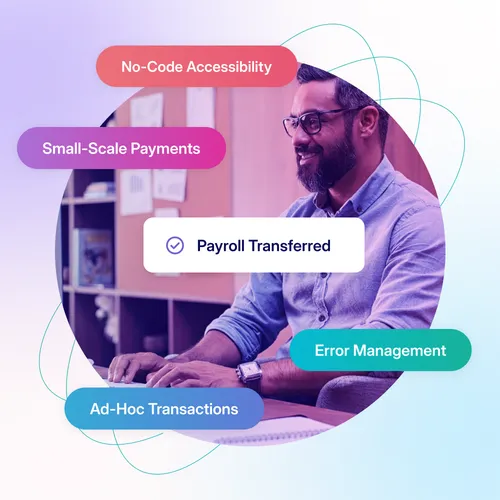
.png@webp)


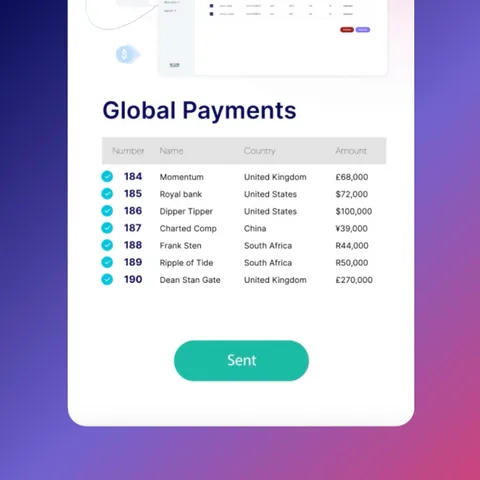
.png@webp)
.png@webp)

